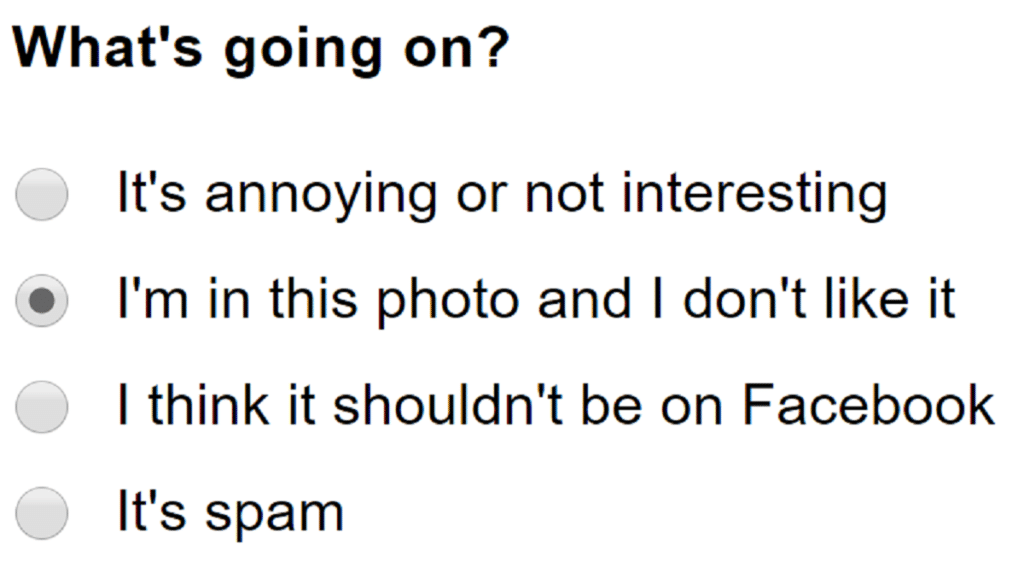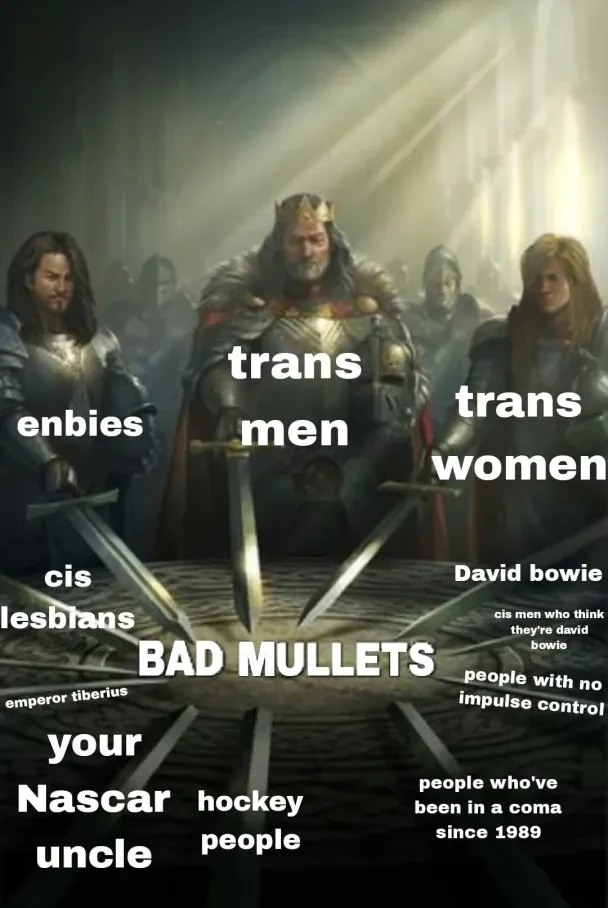Democrats Don’t Seem Willing to Follow Their Own Advice
Immediately following the 2024 presidential election, Democrats seemed to be in rare agreement: They had moved too far to the left on cultural issues, and it had cost them. The day after Kamala Harris lost to Donald Trump, for example, Representative Seth Moulton of Massachusetts told The New York Times, “I have two little girls, I don’t want them getting run over on a playing field by a male or formerly male athlete, but as a Democrat I’m supposed to be afraid to say that.” In that moment, the floodgates seemed poised to open. Moulton’s perspective, though taboo among much of the party’s activist base, placed him firmly in the American mainstream. Surely more Democrats would start coming out of the woodwork to advertise their moderate cultural views, and the idea of a radical Democratic Party would begin to fade away.
In fact, in the ensuing 10 months, the floodgates have mostly stayed closed. With a few exceptions—notably California Governor Gavin Newsom and, less notably, former Chicago Mayor Rahm Emanuel, who hasn’t won an election since 2015—Democrats have avoided making comments similar to Moulton’s, whether regarding trans athletes or other high-profile social issues on which the party is vulnerable, such as immigration and climate.
This is a sign of a strange dynamic that has emerged in Democratic politics. Many pundits, strategists, and even elected officials recognize that the party has weakened itself by being out of touch, or at least perceived to be out of touch, on cultural issues. As Representative Ritchie Torres of New York told Time in May, “We swung the pendulum too far to the left.” But for the most part, the very same Democrats making that argument haven’t followed it to its natural conclusion by moving significantly rightward on any major issue. Even Torres’s big postelection immigration “flip-flop,” as Politico put it, was to announce that he would no longer fight against the deportation of undocumented immigrants who have a criminal record.
Countless Democrats are barnstorming the country and the media, stressing the need to broaden their party’s appeal and reach voters where they are. But they have yet to prove that they’re willing to do what it takes.
Seemingly every other week, another Democrat gives a podcast interview or writes an op-ed about how the party must win back the working-class voters it has alienated. “If you are setting a table that people with mud on their boots and grease on their jeans do not feel comfortable at,” Representative Kristen Rivet of Michigan told me in July, “you are walking away from the Democratic agenda.” But if you pay close attention to what these politicians say, you will struggle to find much evidence of them trying to stake out positions that might bring some of those blue-collar voters back into the fold.
The platonic ideal of political moderation works something like this: Pick a high-profile issue on which your party is perceived as out of touch with public opinion. Signal publicly that you agree with most voters on the issue, and that you disagree with the members of your own base who think otherwise. “You’ve got to go against your party,” Elaine Kamarck, a Brookings fellow who was a prominent centrist New Democrat during the 1990s, told me. Creating conflict demonstrates your independence and draws media attention, without which voters might never know about your position. The gambit is not without risk—you’re purposely angering some of your own supporters—but it hopefully pays off because you gain new supporters, and most of your angry existing supporters will still vote for you.
The canonical example was executed by Bill Clinton. In 1992, while running to become the first Democratic president in 12 years, he spoke to Jesse Jackson’s social-justice activist group, the Rainbow Coalition. The night before his speech, the group had hosted the rapper and activist Sister Souljah, who had recently caused a stir by saying, about the Rodney King riots, “If Black people kill Black people every day, why not have a week and kill white people?” Clinton used his own appearance to condemn Sister Souljah’s comments. His speech infuriated Jackson and many other left-wing activists, who felt that Clinton had taken her comments out of context. The back-and-forth became a major news story. Of course, this was the plan. “If nobody gets mad, you’re not doing anything courageous,”Kamarck, who worked in the Clinton White House, told me.
[Jonathan Chait: Moderation is not the same as surrender]
Trump is no moderate, but in 2016 and 2024, he used selective moderation to make inroads with swing voters who disapprove of certain unpopular Republican Party orthodoxies. In his first run for president, he committed to not cutting Social Security and Medicare, and he hammered his primary opponents for supporting the invasion of Iraq. In his 2024 run, he promised not to enact a national abortion ban. All three of these positions were broadly popular but offended core Republican constituencies—budget hawks, neoconservatives, and pro-lifers, respectively. They seem to have paid off.
The Democrats who complain most loudly about the need to fix the party’s brand aren’t trying anything this ambitious. Their efforts to appeal to moderates and conservatives tend to be uncontroversial, which might defeat the purpose. One recent Washington Post article compiled various recent “Sister Souljah moments” from Democratic politicians. It included, as a lead example, Pennsylvania Governor Josh Shapiro boasting that he’d legalized hunting on Sundays. No core constituency in the Democratic Party is outraged by the thought of hunting on Sundays, which is why you almost certainly heard nothing about Shapiro’s comment.
Newsom might be the most high-profile exception to the trend. In apparent preparation for a presidential run, the governor has taken public steps to shed his image as a doctrinaire California progressive. In March, he launched a podcast featuring conversations with conservatives. His very first guest was Charlie Kirk. During that episode, Newsom declared that allowing trans girls to compete in girls’ sports was “deeply unfair.” A few weeks later, he repeated the sentiment to Bill Maher. And in May, he proposed freezing enrollment of undocumented immigrants into California’s Medicaid program—a very modest break with the left that nonetheless angered immigration activists in the state. Newsom’s approach, along with his outspoken opposition to Trump, is raising his profile: In recent weeks, he has appeared at the top of some 2028 presidential-primary polls.
By and large, however, even the elected Democrats most insistent on the need for change seem focused on adjustments to the party’s communication style, rather than to its substantive positions. One school of thought holds that Democrats can woo cross-pressured voters without having to compromise on policy at all, as long as they switch up their vocabulary. Last month, the centrist group Third Way published a list of jargon that it would like Democrats to stop using. The list included the genuinely ubiquitous—privilege, existential threat, unhoused—along with more obscure academese, such as minoritized communities, chest feeding, and person who immigrated.
The memo hardly made a splash, because its point of view had already become conventional wisdom: fewer academic buzzwords, more folksy language. Be less “preachy,” as Pete Buttigieg put it in July. No more “advocacy-speak,” per Kentucky Governor Andy Beshear. Demonstrate your “alpha energy,” as Elissa Slotkin says frequently. Slotkin bragged in May to The Washington Post about a speech that she’d given to some Teamsters ahead of the election: “I just said, ‘Hey, you motherfuckers, I don’t want to hear another goddamn word about all Donald Trump has done for you.’ They love it.”
A related theory of rhetorical moderation is about emphasis, not word choice. Because Democrats are much closer to the median voter on bread-and-butter material issues than Republicans are, perhaps they just need to talk more about their popular economic ideas and less about their unpopular social-issue positions. Senator Chris Murphy of Connecticut recently articulated a version of this argument to my colleague Gilad Edelman. “Climate, guns, choice, gay rights, voting rights: Every single one of those issues is existential for an important community,” he said. “But I think right now, if you aren’t driving the vast majority of your narrative around the way in which the economy is going to become corrupted to enrich the elites, then you aren’t going to be able to capture this potential realignment of the American electorate that’s up for grabs.” Representative Tom Suozzi of New York is a rare Democratic moderate on immigration. So I was surprised that, when I asked him whether his colleagues needed to change any of their cultural positions, he said, “No. We’ve got to focus more. We have to lay out clearly what the platform is, what the emphasis is.”
Both ideas—talk like a normal person, and shut up about social issues—have some merit. But because working-class voters already think Democratic politicians hold radical left-wing cultural views, tactical silence seems unlikely to dislodge that belief.
Why didn’t more Democrats follow Seth Moulton’s lead after the election? The answer might lie in what happened to him after his comments about trans athletes. In the weeks that followed, his campaign manager resigned, protesters swarmed his district office, and the chair of the local Democratic committee in Salem, Massachusetts (where Moulton was born and resides), referred to him in an email as a “Nazi cooperator.” The committee promised to find a primary challenger. Over the summer, the threat came true: Moulton will defend himself in a primary for the first time since 2020. (His opponent, Bethany Andres-Beck, is trans and uses “any/all pronouns.”)
Moulton told me that “fear of backlash” is what prevents Democrats from adjusting their publicly held cultural commitments. He estimates that more than half of his Democratic colleagues in the House, possibly many more, privately agree with him that girls’ sports should be limited to cisgender girls. After Moulton wrote a Washington Post op-ed warning against “Democratic purity tests,” he said, scores of colleagues approached him in the halls of Congress to thank him. But, he told me, they did so in a whisper. “Thank you for saying that, because I really can’t,” they’d say.
This silence is a result of the primary system. Because the overwhelming majority of elected Democrats at the federal level are in safe seats, they’re more likely to lose to a primary challenger from their left than to a Republican in the general. Everyone knows what must be done to improve the party’s image, but each individual actor’s incentive is to do nothing—or, if not do nothing, then settle for rhetorical adjustments without taking any controversial positions.
[Jon Favreau: The conversation Democrats need to have]
That strategy might be enough for Democrats to win the House next year. A recent New York Times analysis found that, even if Republicans succeed in their most ambitious gerrymandering plans, Democrats could expect to take the House back by winning the national vote by 3.4 points. In 2018, during Trump’s first term, they won by about seven (excluding uncontested races).
But the Senate is a far more difficult prospect for Democrats. To take back the upper chamber in 2026, Democrats must not only beat Susan Collins in Maine, but win five races in states that Trump won last year, including two that he carried by more than 10 percentage points. The idea that they can do so without fielding candidates who are willing to publicly renounce some left-wing orthodoxies is delusional. Nor is this a quirk of the 2026 cycle. By design, the Senate favors less-populous states, which today are disproportionately rural and white. Democrats might never control the Senate again if they don’t return to being competitive in such states. That would mean never stopping the confirmation of a Republican official or judge, and never being able to confirm their own without Republican votes.
Democratic recruiters could respond to that fact by looking for the kind of culturally conservative Senate candidates that rural voters used to approve of, but there’s little sign of that happening. In Maine, national Democrats have been trying to recruit 77-year-old Governor Janet Mills, most famous for refusing to go along with a Trump executive order to ban trans women from women’s sports. In North Carolina, Iowa, Ohio, Texas, Alaska, and Florida—of which Democrats must win at least three to take the Senate—the leading candidates mostly appear to have standard Democratic cultural views; two are Democrats who lost Senate races last year and haven’t publicly changed any of their positions on high-profile social issues since.
For Democrats to appeal to cultural conservatives, some of them probably have to actually be more culturally conservative than what the party has offered in recent years, and not just adopt a different affect or ignore social issues entirely. Or they could simply cross their fingers and hope voters spontaneously adopt new perceptions about the party. That strategy offends no one and incurs little risk. That’s why it’s unlikely to work.
















